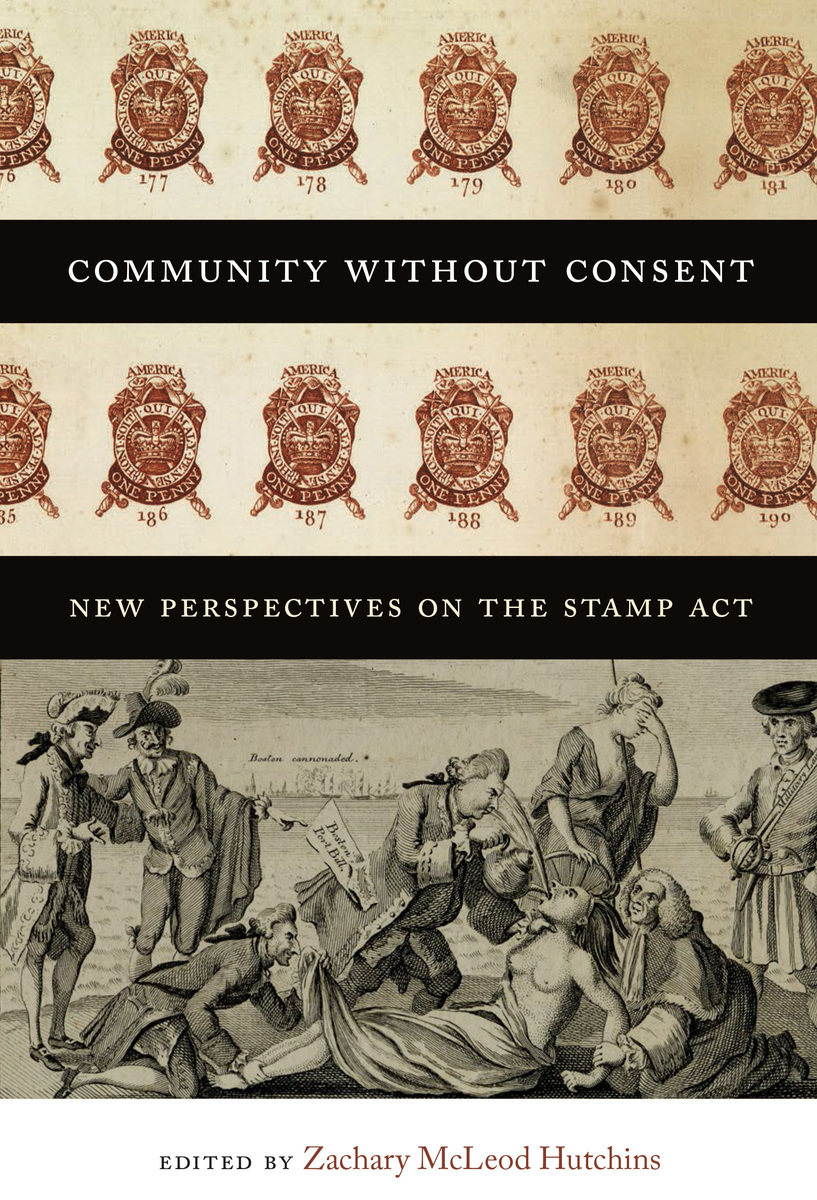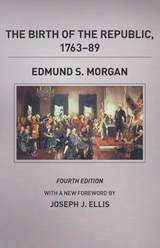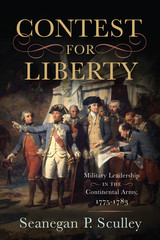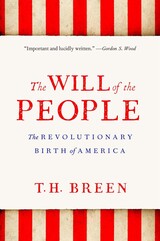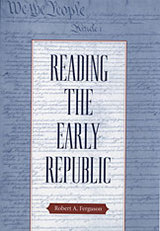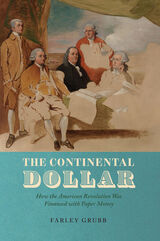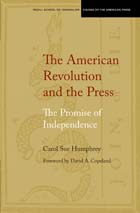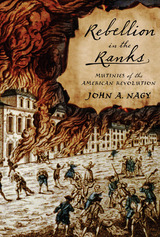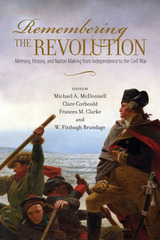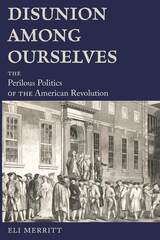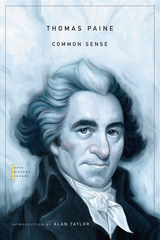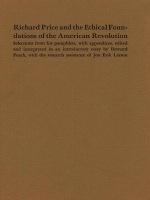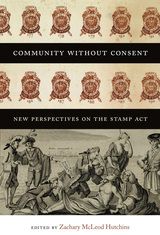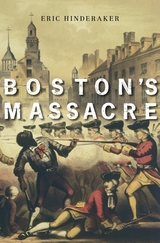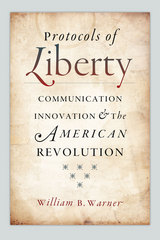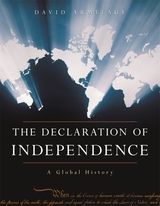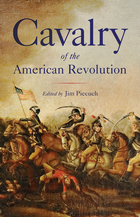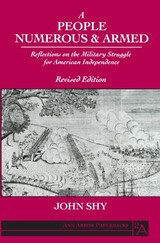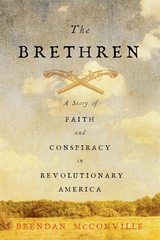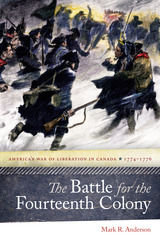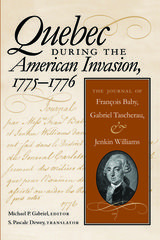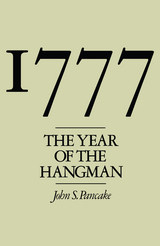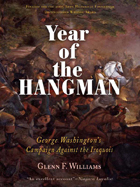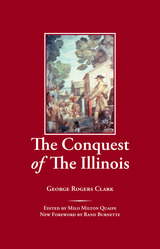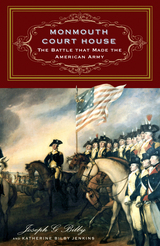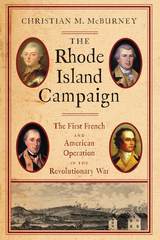Community without Consent: New Perspectives on the Stamp Act
Dartmouth College Press, 2016
Cloth: 978-1-61168-881-8 | eISBN: 978-1-61168-952-5 | Paper: 978-1-61168-882-5
Library of Congress Classification E215.2.C66 2016
Dewey Decimal Classification 973.27
Cloth: 978-1-61168-881-8 | eISBN: 978-1-61168-952-5 | Paper: 978-1-61168-882-5
Library of Congress Classification E215.2.C66 2016
Dewey Decimal Classification 973.27
ABOUT THIS BOOK | AUTHOR BIOGRAPHY | REVIEWS | TOC
ABOUT THIS BOOK
The first book-length study of the Stamp Act in decades, this timely collection draws together essays from a broad range of disciplines to provide a thoroughly original investigation of the influence of 1760s British tax legislation on colonial culture, and vice versa. While earlier scholarship has largely focused on the political origins and legacy of the Stamp Act, this volume illuminates the social and cultural impact of a legislative crisis that would end in revolution. Importantly, these essays question the traditional nationalist narrative of Stamp Act scholarship, offering a variety of counter identities and perspectives. Community without Consent recovers the stories of individuals often ignored or overlooked in existing scholarship, including women, Native Americans, and enslaved African Americans, by drawing on sources unavailable to or unexamined by earlier researchers. This urgent and original collection will appeal to the broadest of interdisciplinary audiences.
See other books on: Causes | Colonial period, ca. 1600-1775 | Protest movements | Revolution, 1775-1783 | Taxation
See other titles from Dartmouth College Press
